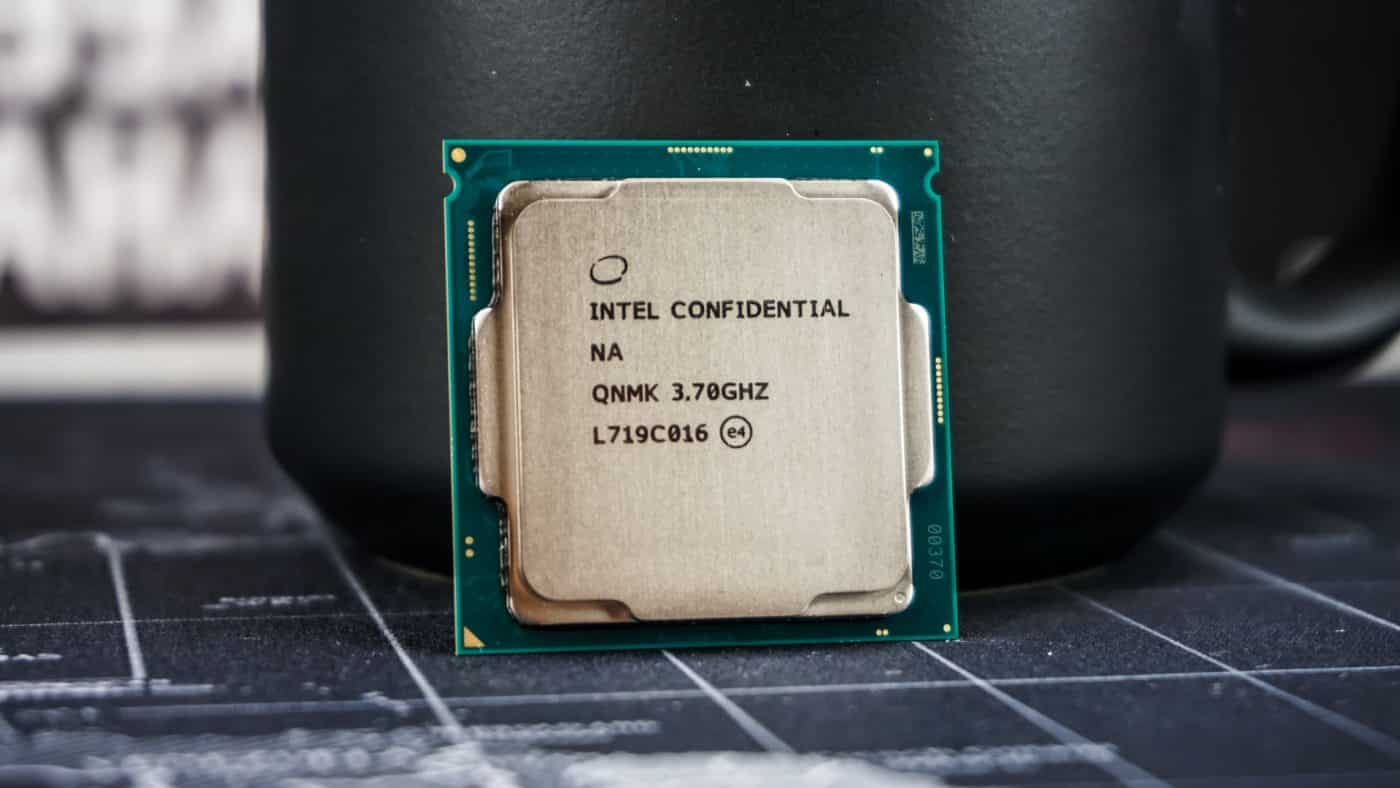Final Thoughts
As you can see from our results on the previous page this is not an ordinary processor update from Intel. The 8th Generation Core Desktop series is bringing with it increases in core counts finally! We are going to see 6-core i5’s and i7’s and even quad-core i3’s! With that you are going to see a vast improvement in multi-core performance. In our tests we saw a 42% performance increase compared to the i7-6700K and a 36% performance increase compared to the i7-7700K, which was only released in January. We’ve been looking for this type of performance increase from Intel for a long time! Was it prompted from the release of Ryzen? Or did Intel have these chips planned already? I’ll let you be the judge on that.
We are also seeing an improvement in single-threaded performance with these chips as well. Not to the effect of the multi-threaded performance, but seeing single threaded performance improve is always good. Intel is still working on the 14nm node with the i7-8700K, same as the i7-6700K, but we are now on an improved 14nm process known as 14nm++. So we can see the optimizations are actually making a difference.
So I’m sure you are all wondering how does this chip stack up against Ryzen. Sadly we did not have a Ryzen 7 1800X on hand to test against the i7-8700K. This would have been the best comparison as it is AMD’s current top-dog in their mainstream lineup. What we did have was a Ryzen 7 1700X, which is an 8-core, 16-thread processor. The processors traded blows, but the i7-8700K did beat it in many tests, including all of the single-threaded tests. On top of that we have better gaming performance with the i7-8700K, the same thing we saw on Ryzen processors vs the i7-7700K, so that is definitely something you are going to want to think about when it comes to choosing AMD or Intel.
Moving on to overclocking this is a chip you are going to easily overclock. Intel overclocking has not changed much at all and with our setup we were able to bring the Core i7-8700K up to a stable overclock of 5.0 GHz at 1.35V. If we had a better cooling solution we could have gone even further.
These 8th Generation processors bring with them a new platform with new Z370 motherboards. The biggest change we see from the previous generation is that the platform now has a total of 40 PCI-Express 3.0 lanes. So that means you’ll see more graphics, storage, and I/O expandability. If you are a motherboard geek like me you love seeing new boards come out, so for me this new platform is definitely welcomed.
So we’ve finally got a 6-core mainstream processor from Intel, this was long overdue. If you are throwing any type of multi-core workloads at your CPU upgrading to the Core i7-8700K is a smart move, even if you just bought an i7-7700K less than a year ago. The multi-core performance is just there and is noticeable. On the other hand when it comes to gaming we don’t see that dramatic performance increase, so if you do have a Core i7-7700K you don’t have a reason to upgrade.
Intel has fired their shot back at AMD and it is the shot everyone was looking for. Whether you are on the Intel side or AMD side, competition only helps us the consumer. You can pick up the Core i7-8700K at our favorite online retailer for $359.
Pros:
– 6-core in a mainstream Intel chip!
– 36% multi-core performance improvement over the i7-7700K
– Can easily overclock to 5.0 GHz
– Single-core performance improvements
– Beats Ryzen in gaming performance
– Platform has 40 PCI-Express 3.0 lanes
Cons:
– New motherboard needed
– Sort of upsetting if you’ve bought an i7-7700K recently


